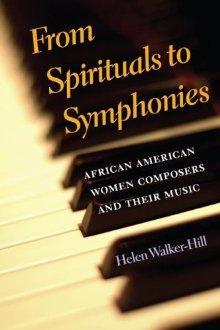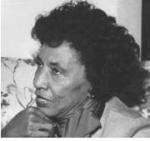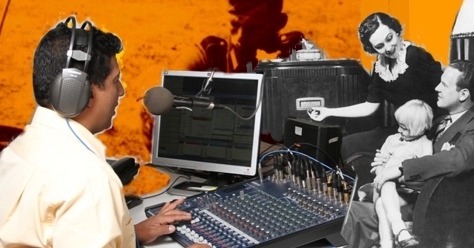The tropicália movement of the 1960s, which coincided with a period of intense cultural and political unrest in Brazil, emphasized the country’s multiethnic identity by incorporating the entire spectrum of Brazilian music. Although the movement had an ostensibly political framework of national scope, many of its products had deep roots in the traditional music of Bahia, the most important reservoir of Afro-Brazilian culture.
Among tropicália’s most important figures were Afro-Brazilian singer-songwriters such as Gilberto Gil and Tom Zé; several other artists connected with the movement hailed from Bahia. An overview of song texts and musical features of tropicália shows that the influence of Bahia’s traditional music and culture remained a strong factor behind even the most avant-garde experiments of the various artists who converge under that rubric. The website Tropicália is an extensive resource for exploring tropicalismo, the aesthetic of tropicália.
This post is part of our series celebrating Black History Month. Throughout February we will be posting about resources and landmark writings in black studies. Click here or on the Black studies category on the right to see a continuously updated page of links to all of our posts in this category.
Below, Gil speaks about Bahia, tropicália, and political suppression. Many thanks to James Melo for his help with this post!
Related article: Macunaíma and brasilidade










 Seosamh Ó hÉanaí
Seosamh Ó hÉanaí


